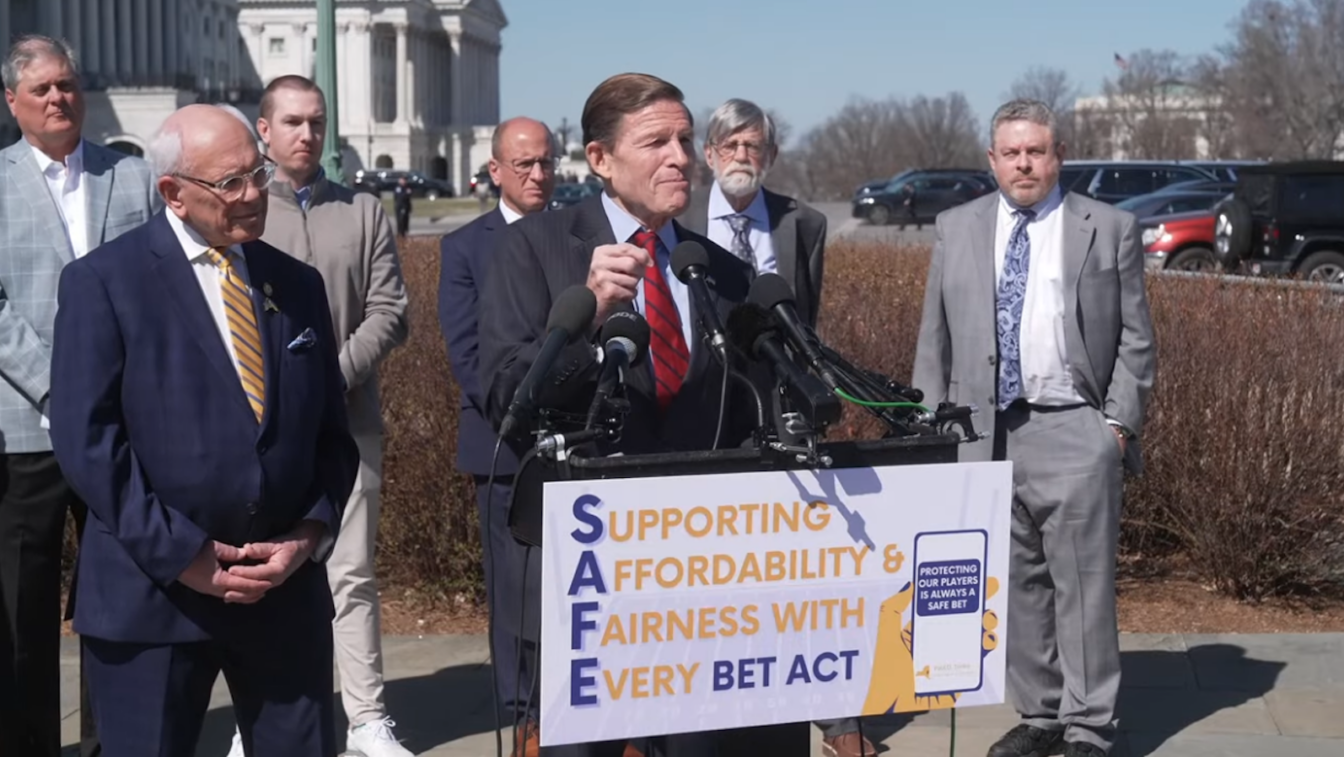Problem Gambling Advisory Bill Passes Out Of New York Senate
Addabbo’s bill advances to the Standing Committee on Alcoholism and Drug Abuse
1 min

As Problem Gambling Awareness Month nears its conclusion, this week the New York Senate passed S 3632, which would create a problem gambling advisory council.
The bill, sponsored by Sen. Nathaniel Fernandez and co-sponsored by Sen. Joseph Addabbo, was referred to the Standing Committee on Alcoholism and Drug Abuse. There is a companion bill, A 2151, in the lower chamber sponsored by Assemblymember Linda Rosenthal along with three co-sponsors.
“This bill is an important step forward in ensuring that, as gaming evolves in New York, we prioritize the health and well-being of our residents,” Addabbo told QNS.com.
New York has the largest mobile sports betting market in the United States, eclipsing $2 billion in monthly wagering during the busier parts of the sports schedule, and is expected to award three downstate casino licenses at some point this year.
What the council would do
The 13-person council, which would be comprised of people selected by state government leaders, including one by the governor, would “make findings and recommendations to the governor and legislature on how to prevent and treat problem gaming in the state of New York.”
It would also be tasked to develop strategies to “ensure availability and access to problem gaming programs and resources” as well as “create strategies to increase public awareness of problem gambling and the availability of problem gambling resources.”
Pertaining to mobile sports betting, the council would examine its impact on multiple fronts. That includes reviewing data for potential increases in the volume of calls placed to the problem gambling hopeline or outreach to local problem gambling resource centers. The council would also look for any increase in the number of individuals placing themselves on self-exclusion lists at gaming facilities.
It would have access to any “information from any state or local governmental agency necessary to complete its duties” requested, provided that information does not contain personal identifying information and is not protected by state or federal law. The council would also be required to submit an annual report of its findings and recommendations to the governor.






